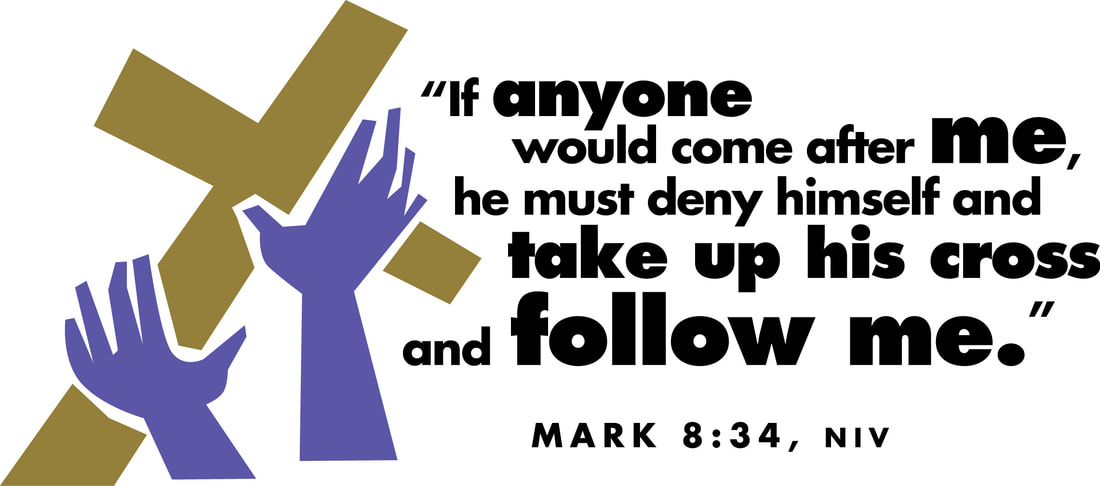We moved on a bit in this study that is turning out to be somewhat lengthy! But we are actually moving ahead! We said that Paul sets out two lists of “sins” to be put to death and we covered the first list, what we called “Sins of perverted Love” using what he says in v5b. He followed that, in verse 5-6, by giving us two very strong reasons for His assertion that we should be putting sin to death. We examined those two reasons.
Take a look at it via the lower YouTube Link:
Take a look at it via the lower YouTube Link:



 RSS Feed
RSS Feed